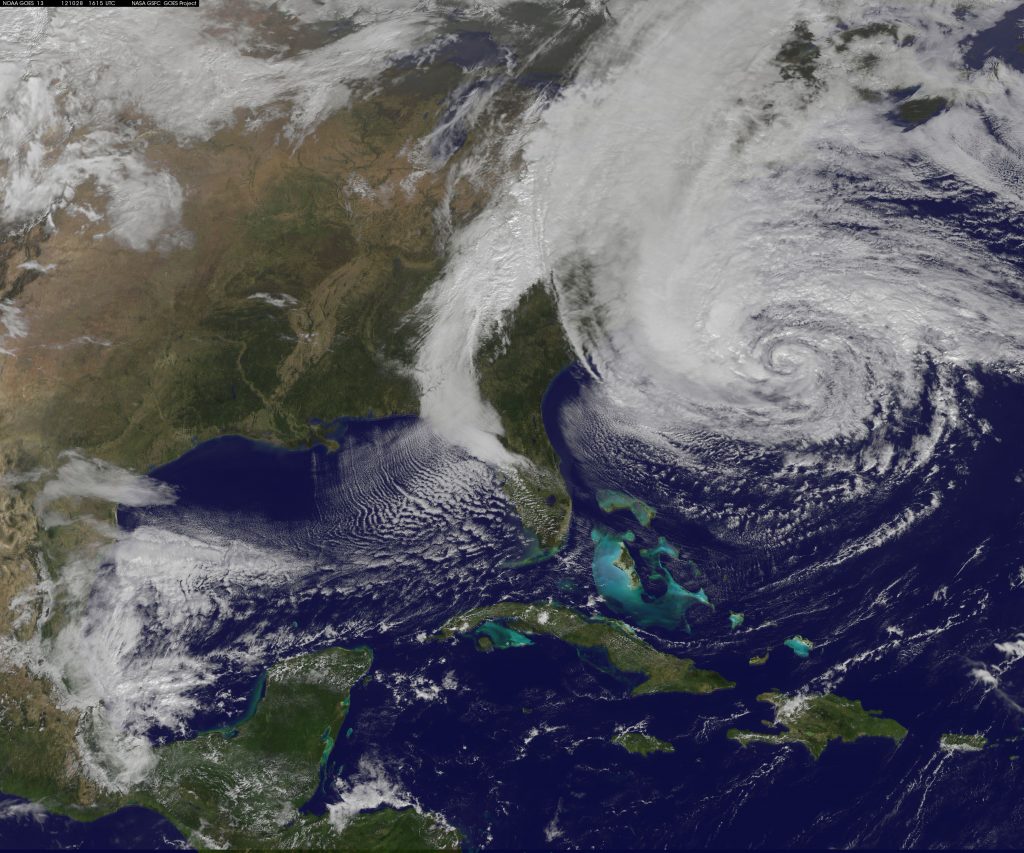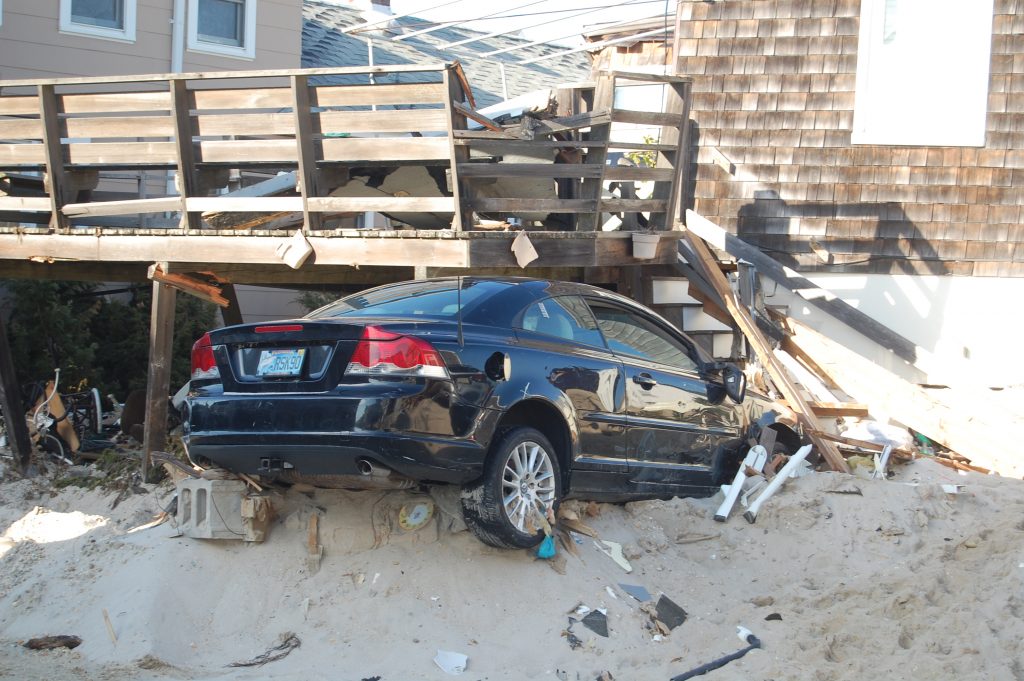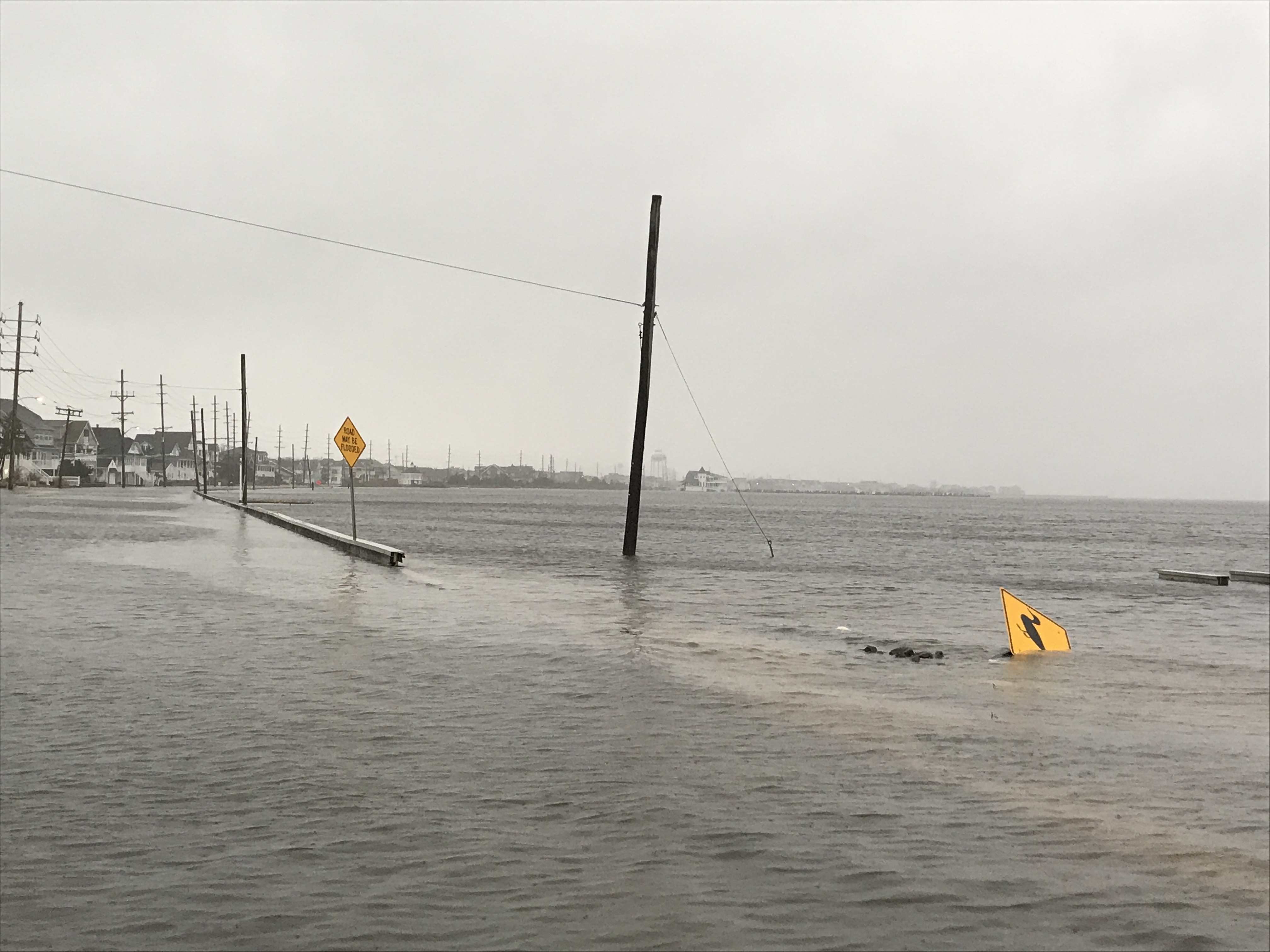Meteorologists from the institutions most renowned for their pre-season prognostications on hurricanes are uniformly forecasting a busy hurricane season for 2021 – and environmentalists are calling for New Jersey to place additional regulations and restrictions on buildings in coastal areas.
Colorado State University, widely considered the most prominent long-term hurricane forecasting team in the nation, is predicting 17 named storms between June and the end of November this year, with eight of them becoming hurricanes. AccuWeather Inc. predictions show 16-20 named storms in 2021, with 7-10 hurricanes, and WeatherBell Analytics’ forecasts show 16-22 tropical storms and 9-13 hurricanes.
Data shows that 2020 was the most active and the fifth-costliest Atlantic hurricane season on record, with 30 named storms and 13 hurricanes, six of which became major hurricanes. The forecasts for 2021, if they come to fruition, would be considered an “average” hurricane season, though the upper level of the forecasts are causing some fear among coastal residents and advocates heading into the summer season.
“This just shows that climate change is getting worse and we’re seeing more impacts,” said Jeff Tittel, director of the New Jersey Sierra Club. “This is downright scary because New Jersey is still not prepared for when these storms hit. We had an active season last year, and this year it could be even worse. New Jersey has put more people and their property in harm’s way.”
Tittel’s recommendation is likely to draw controversy. His organization is advocating the re-imposition of building regulations that date back to the administration of Gov. Jon Corzine, and enforcing a complete moratorium on all “fossil fuel infrastructure.” Coastal businesses and builders, however, say they face some of the toughest regulatory scrutiny in the nation under the state’s Coastal Areas Facilities Review Act, an expensive and lengthy process that must be undertaken before development projects can get underway in coastal reaches of the state, the engine which drives New Jersey’s tourism economy.
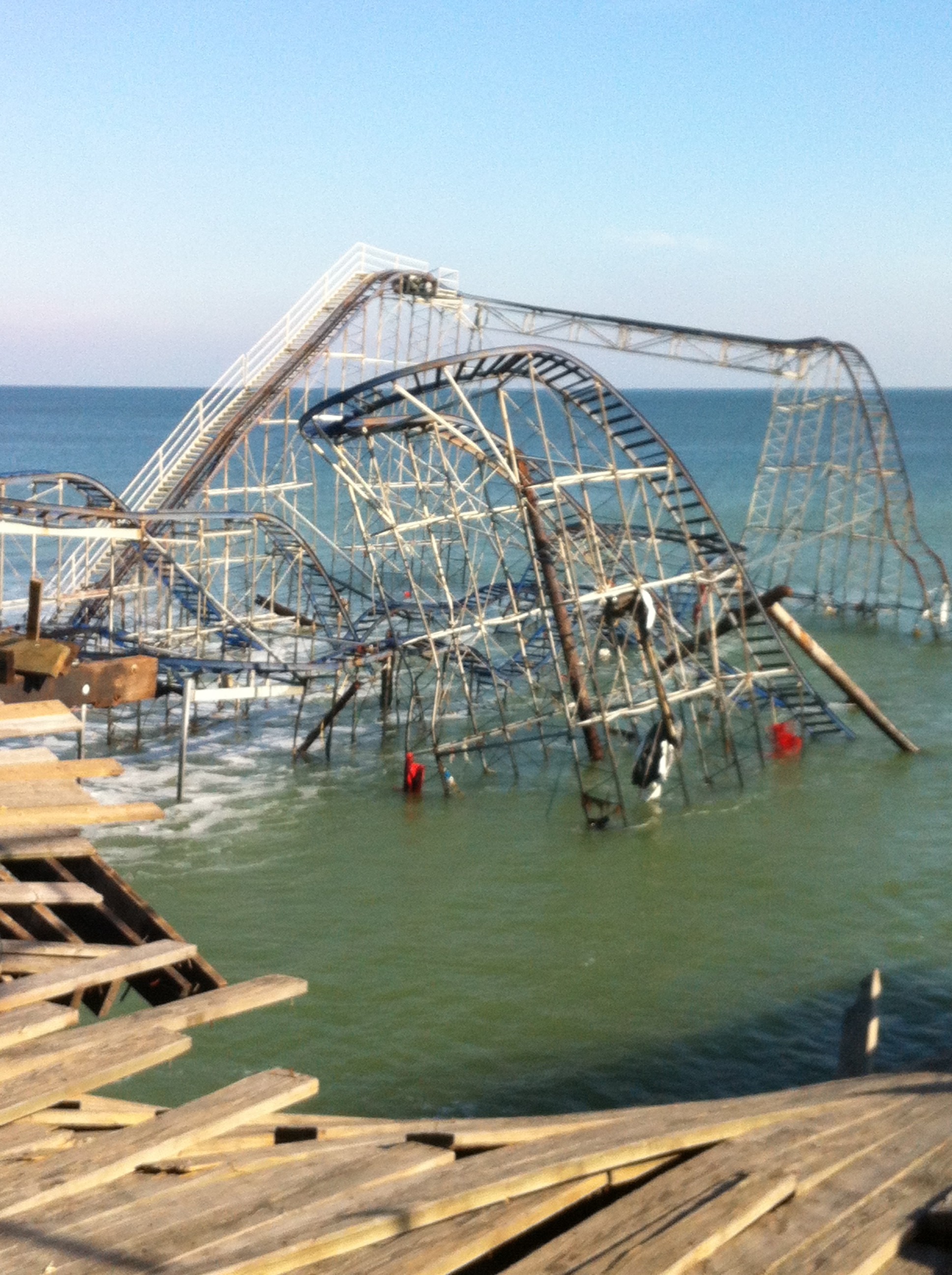
The Jet Star roller coaster in the ocean off a battered Casino Pier following Superstorm Sandy. (Photo: Daniel Nee)
Tittel is calling on Gov. Phil Murphy to repeal several measures put in place by the administration of former Gov. Chris Christie that provided regulatory relief for those rebuilding following Superstorm Sandy. Essentially, Tittel said, the state did not learn its lesson from Sandy.
“Instead of limiting development and pulling back from building on flood prone areas, we are putting more homes in flood risk zones,” he said.
An even more controversial plan being supported by environmental groups would be the creation of a “coastal commission,” likely controlled by the governor or the majority party in the state legislature, which would remove some of New Jersey’s signature “home rule” from municipal governments in coastal regions of the state.
“The Murphy administration needs to take bold action instead of signing executive orders and putting out press releases,” Tittel said of the current governor.

Advertisement

Seaside Heights & Seaside Park
Seaside Heights School Board Seeking More Participation, Will Change Meeting Times

Police, Fire & Courts
Seaside Park Man, 68, Charged in Fatal Crash With Pedestrian
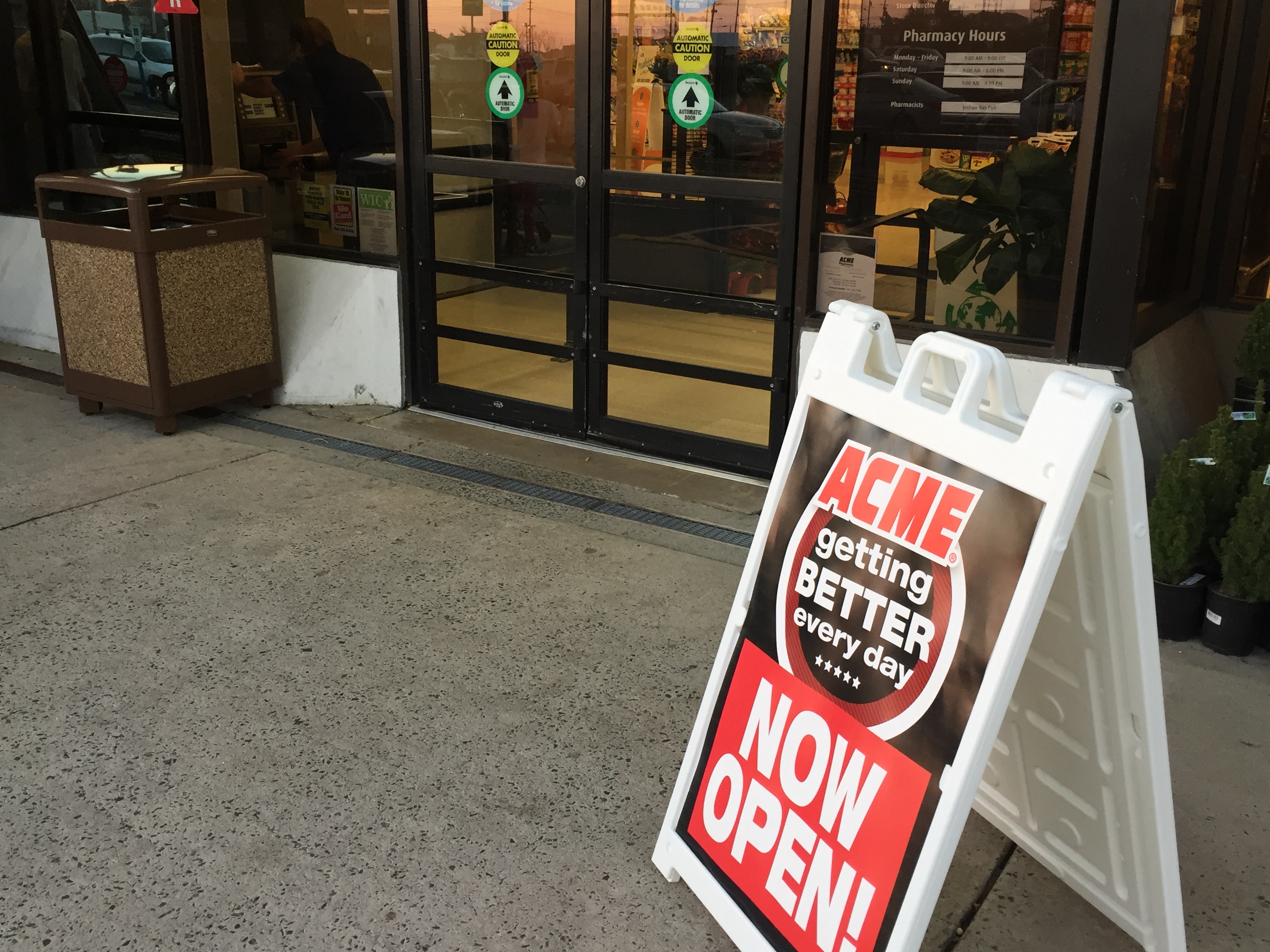
Ortley Beach & North Beaches
Lottery Ticket Worth $10K Sold at Ortley Beach Acme

Ortley Beach & North Beaches
Abandoned Private Island ‘Mansion’ in Barnegat Bay Poised for Demolition

